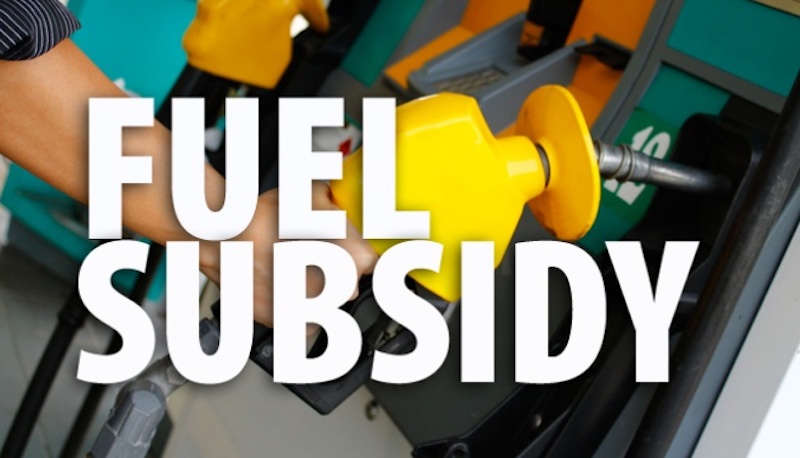In a very fundamental sense, the coming battle against Goodluck Jonathan’s plan to withdraw oil subsidy, will define the character of our country for a long time to come. There can be no in-betweens in the struggle: one is either lined up behind Jonathan and therefore seeking pain for the Nigerian people, or behind the Nigerian labour movement and allied civil society organisations. Jonathan’s regime, like others before, has canvassed the unconvincing argument that removal of subsidies is route to economic salvation of Nigeria; and that was the central theme of his recent address at a presidential retreat with the private sector on economic development and job creation. The retreat was ostensibly organized to encourage discussions, debate and partnership between the private and public sectors, but was actually a marshalling of force in support of fuel subsidies removal.
On that vexatious issue, Jonathan confessed to plans to phase them out ‘in a deliberate and responsible way that will harness revenues for capital stock formation, leverage on private sector investments in public-private partnerships (PPPs) to help bridge the infrastructure gap; and create incentives for investment in refineries and the petrochemical industries’. Unfortunately, there is nothing new in what Jonathan said; we have heard the same lines before, on the eve of every increase in prices of petroleum products. The assembled crowd was largely made up of beneficiaries of the controversial economic decisions of the past twelve years; while the record of the PDP administrations, when they talk PPP, is really to provide cover for the transfer of public resources to cronies: the worst sins of crony capitalism have been committed under the PDP regimes since 1999!
It is equally significant that as part of the near-religious and fanatical adherence to the slave mentality with which they have accepted the discredited Washington Consensus, they refused to build new refineries to process petroleum products locally, deluded that the ‘private sector’ will. Well, Obasanjo licensed 18 refineries, with none operational. They instituted a regime of fuel importation tied directly to the fortunes of the ruling party and it is this so-called cabal of fuel importers, significant donors to the PDP, who get the unsustainable subsidies. In real terms, they want to transfer the burden to the Nigerian people. Jonathan belongs to the PDP which is deficient in honour; Nigerians just do not trust him and this is a major reason why subsidies removal will be frontally resisted by the nation’s social forces.
Even the Organized Private Sector is divided with the OPS denying that it backed the controversial plan. Members that supported the move “were acting on their own”; while “the 45 prominent leaders of the business community who gave backing to the policy didn’t have the blessing of the majority of the members to do so”. It was instructive that the nation’s Haute-Bourgeoisie, organized in NECA, NACIMMA, MAN, NASME and NASSI, was “neither invited [n]or represented in [an] institutional capacity at the meeting held with the government”. So Jonathan canvassed a narrow stratum of ‘government-approved capitalists’ to push his plan to drastically increase the prices of petroleum products. He is alienated from the working people and the poor; the decision is not welcome by civil society organizations and it is frowned upon by the Organized Private Sector. Jonathan has a big fight on his hands indeed!


